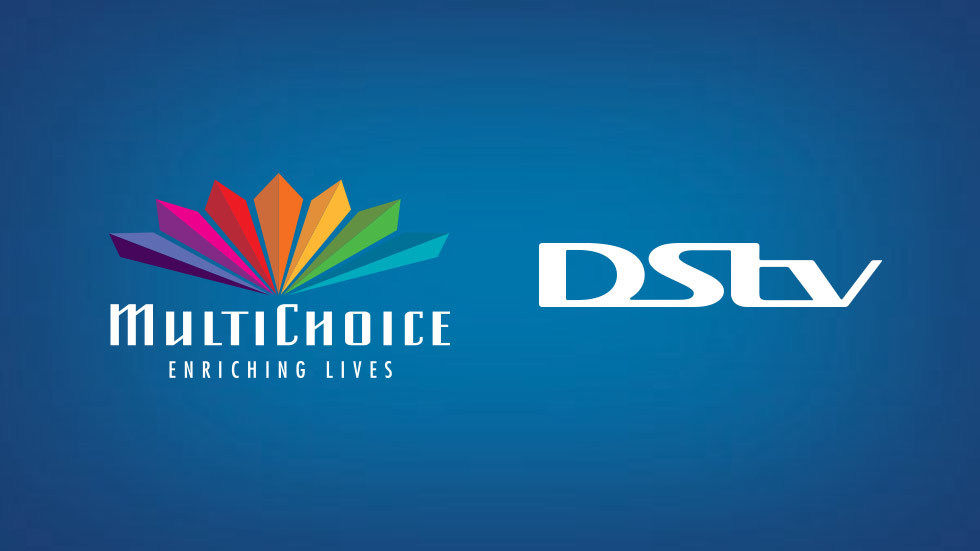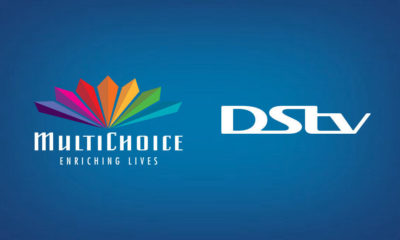Leading Pay-TV service provider, MultiChoice Nigeria has rolled out new features and expanded the product offerings on its DStv Business packages for businesses and corporate organizations in Nigeria.
The new DStv Business packages are DStv Work, DStv Play and DStv Stay.
Chief Executive Officer, MultiChoice Nigeria, John Ugbe said: “We always ask ourselves how we can make our customers experience better for businesses. We have revamped our DStv Business packages, offering business owners the right mixture of entertainment to enhance the experience of guests and staff. At the end of the day, your guests will always remember how you made them feel.”
The DStv Work, tiered into 2 categories, DStv Work Ultra with 48 channels and DStv Work Essential with 75 channels, has been tailored to suit the businDStv Work, DStv Play and DStv Stay.ess environment including banks, offices, and other corporate organizations with specific offerings such as the latest news headlines from across the world, sports, weather updates and other work-related entertainment which sets the tone and keeps everyone well informed.
Commenting on the revamped DStv packages, Head of DStv Business, Abayomi Famakinwa said: “For the Work category, we have taken into consideration all our offices and different organizations. For Stay, we have considered all organizations across accommodation offerings such as hotels, B&Bs, Guesthouses and the likes; for Play, we are taking into consideration the Pubs, Clubs, lounges, restaurants, bars and the likes.”
The DStv Play package, tiered into 3 categories, DStv Play Ultra with 86 channels, DStv Play Essential with 61 channels, and DStv Play Basic with 40 channels aims to enhance guest experiences and ensure that they are always entertained with their favourite sports programmes and other first-class entertainment.
Famakinwa stated further: “A lot of our customers used to complain to us that there is only one package across the different bouquets so they couldn’t move from one package to the other, and we have listened as we always do and we have now tiered our packages into different categories for each of the segments. Secondly, we have factored in all the add-ons into our different packages; and from the decoder perspective we have bundled our decoders, which means, for each and every decoder that you have you can talk to MultiChoice and tell us what channels you would like to have on the decoder.”
The DStv Stay package, tiered into 3 categories, DStv Stay Basic with 77 channels, DStv Stay Essential with 99 channels, and DStv Stay Ultra with 139 channels are best suitable for hotels, motels, lodges, resorts, B&B and serviced apartments as it gives each guest – whether a kid, adult or elder – a memorable in-room experience due to the vast array of channels available to them during their stay.
Meanwhile, Chief Customer Officer, MultiChoice Nigeria, Martin Mabutho said: “At the centre of what we do and the key characteristics that we live by day in day out is innovation. And a company that prides itself in innovation, not only from the point of view of what we do with our hard work, or the point of view of content ideas that are groundbreaking, but clearly also from the point of view of all we have seen in the communities and economies that we operate in, and how different businesses can also become our partners.”
Speaking on what informed the Pay TV’s decision to expand its offerings, Martin noted: “As content is consumed on different platforms, mobile devices, phones, tablets, and computers, the people that own those contents have started to tighten around usage rights; the people that regulate us as pay-TV service providers also start to expect that we hit the right notes when it comes to the issue of morality, political correctness, and religion amongst others. It is for that reason that we saw it fit that we sit down and categorise our packages of big chop of contents and say, those that use DStv in offices what is the content that we have, that firstly we have the rights to, and secondly, would be deemed appropriate.”




 Naira4 weeks ago
Naira4 weeks ago




 Naira4 weeks ago
Naira4 weeks ago




 Naira4 weeks ago
Naira4 weeks ago




 Naira3 weeks ago
Naira3 weeks ago
 Commodities4 weeks ago
Commodities4 weeks ago


 News4 weeks ago
News4 weeks ago
 Travel4 weeks ago
Travel4 weeks ago




 Naira3 weeks ago
Naira3 weeks ago











